IDs, passports saga a violation of citizens’ rights
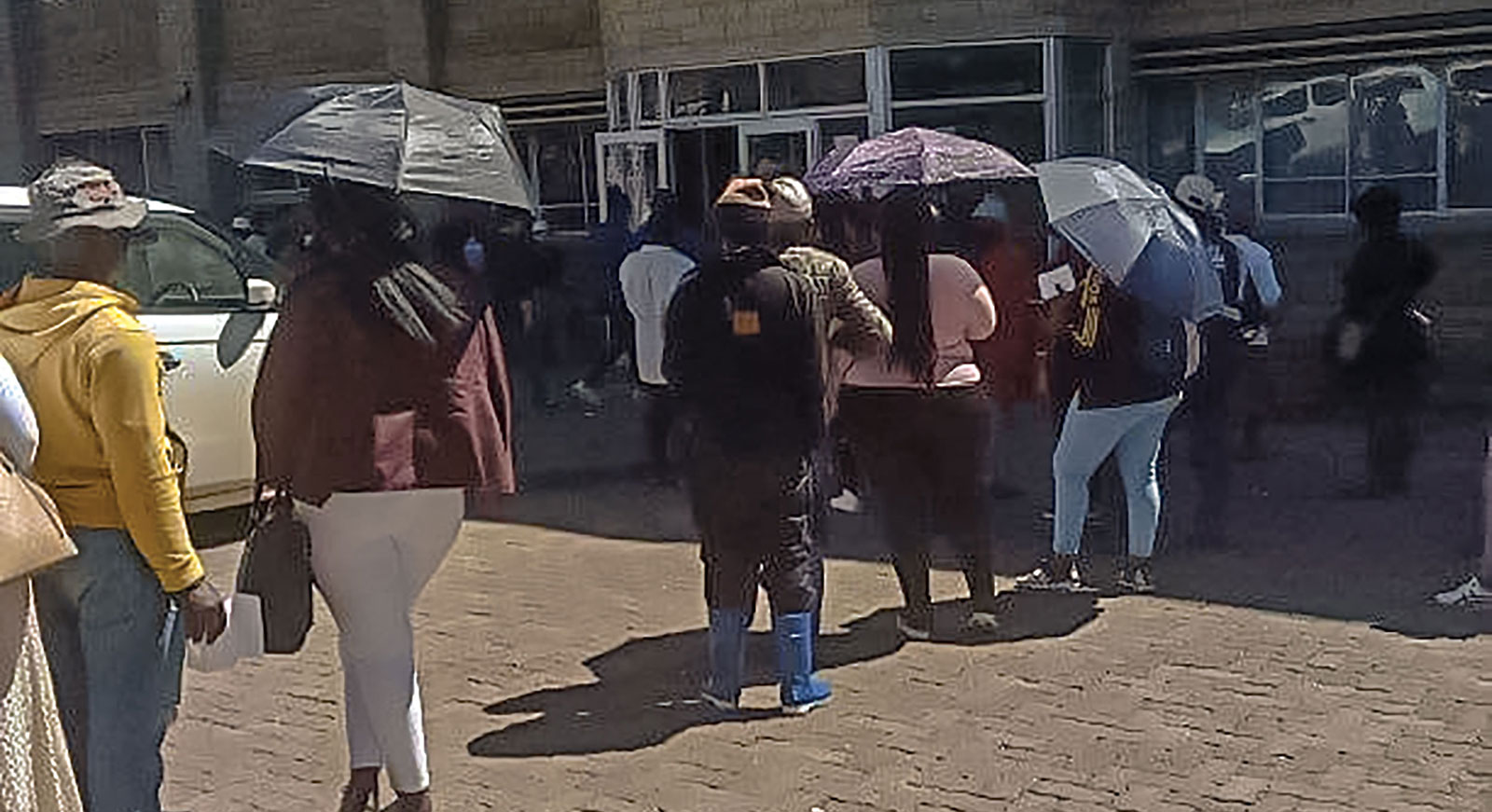
SHARE THIS PAGE!
‘Mantšali Phakoana
A human rights crisis is playing out in Lesotho, with citizens being deprived of one of the most basic and crucial forms of identification such as passports and national identity documents (IDs).
The scope of the problem is vast, with hundreds of Lesotho citizens stranded without valid documents or none at all. The issue poses multiple challenges, such as renewing or registering a driver’s license, claiming insurance, opening a bank account, or doing any form of service that needs a valid identity document.
The impact of this issue is far-reaching, as many Lesotho nationals working and getting medical treatment, importing goods from neighbouring South Africa, are left without valid passports. They are stranded and their jobs and lives are in jeopardy.
The non-issuance of these documents contravenes Article 6 of the Universal Declaration on Human Rights which Lesotho has signed; it states that everybody has the right to a legal identity.
It also contravenes Section 7 (1) of the national constitution that states that every person shall be entitled to freedom of movement, the right to enter, the right to leave, and immunity from expulsion from Lesotho.
Passports were last issued around end of 2023 and IDs last month, leaving Basotho in limbo as many are in dire need of these documents. The government has since cited there was shortage of the paper used to print passports.
The only passports government announced were issued are emergency ones that costs M630 while standard passports that costs M130 would be available once the paper arrives, leaving citizens at their wits’ end.
As if the passport struggle was not enough, Basotho are once again suffering the consequences of the expired identity documents; their validity expires after 10 years.
Renewing this document has also been a struggle just like getting a passport. The situation has left citizens in a hopeless situation as the office of the home affairs, without any announcement or notice, halted issuance of these basic documents.
‘Malebamang Maretlane is one of many citizens struggling to get their passports and identity documents. It is a situation that does not only effectively put a halt to citizens’ existence, but also violates fundamental human rights.
Maretlane, a single mother with three children, makes a living by importing clothes from Botswana. But her job has been in the balance for six months now after her passport ran out of pages in August last year.
Maretlane says she has been going to home affairs offices in Maseru non-stop to check her passport but has always come back with nothing.
She had applied for a standard passport which costs M130. Under normal circumstances such passports take a maximum of two weeks before issuance.
“I applied for a passport in September last year but until now I have not received it. I went to passport office (Maseru) more than five times hoping I will get my passport, but to no avail.
“I am not the only one. The people I applied together with have also still not received theirs. Some tell us it has been a whole year since they applied for passports. In the meantime, allegations persist that people who bribe officials receive their passports without so much of a hitch.
“The situation has really hit me hard because selling clothes is all I know. Now it’s winter, I was supposed to stock more warm stuff but it is impossible for me to do that without a passport. I’m even considering throwing caution to the wind and crossing the border illegally,” Maretlane noted.
The minister of local government, chieftainship, police and home affairs, Lebona Lephema, agrees that non-issuance of passports and IDs is a national crisis that needs an urgent solution.
He told the parliamentary portfolio committee on law and public safety this week that the ministry does not have a budget to produce enough IDs and passports with high quantity.
Lephema said his ministry has asked for additional funds from the ministry of finance and development planning for them to order more passports. Another problem, he said, was that of a ‘passport ceiling’.
“It is not our choice that the passports we order come in low quantities and after a long time; that is due to the problem of the passport ceiling we have as a country.
“Our intention is to order enough passports and ensure that Basotho get passports within three days after applying,” Lephema indicated.
The minister further explained that the major problem prolonging issuance of passports was the failure to deliver on the part of the contracted company, Pangea IT. The firm acts as a middle man between the government of Lesotho and HID Global, the South African company that designs and manufactures passports.
He revealed that after Pangea’s failure to deliver, the government started working directly with the supplier (HID), who initially did not agree with the country’s form of payment.
The ministry says the challenge affected the issuance of IDs since the country does not have cards to print on.
“After agreeing with Pangea that we get direct supply from HID, we could not agree on the form of payment as the supplier demanded cash before delivery.
“On the other hand, the government allows that payments be made as and only when the goods or services are received. The government issues a letter of credit to the supplier as surety that payment will be made.
“However, we finally managed to convince HID to work with us on the same payment agreement and the first batch of their delivery of 10849 passports was on January, 2023,” Lephema said.
He noted that the passports were given to 4000 Basotho who had applied for passports in 2012 as well as to the applicants who paid emergency fee of M630 and needed passports for various reasons such as work, medical services outside the country among others.
Lephema also said that recently the second batch of 42000 passports was delayed at the border due to the government’s debt with Revenue Services Lesotho.
The government was aware that the 73000 passports that were issued between 2013 and 2023 have already expired thus increasing the demand for such documents.
To address this challenge, Lephema said, they have made an order of 47000 expected to be delivered next month, after finalisation of a few verifications.
He admitted that his ministry has not managed to provide passports to its maximum capacity but has been trying by all means to produce a few in order to ensure passports are not completely unavailable.
The ministry’s meeting with the committee comes after the SECTION 2, a non-governmental organisation advocating for the respects of the constitution.
SECTION 2 in February this year petitioned the committee to investigate the reasons behind the prolonged delays in passport issuance.
The organisation stated that the situation does not only infringe the constitutional rights of Basotho, but also poses a serious risk to their level of well-bring, particularly in cases where medical attention abroad is required.
“The delay in issuing passports not only inconvenienced migrant workers but also placed undue stress on students studying abroad, who rely on timely passport issuance for their academic pursuits.
“The preferential treatment for emergency passports exacerbated socio-economic disparities among the citizens.
“Given the urgency and potential impact on citizens’ lives and rights, we implore the committee to expedite the summoning of the ministry for a thorough and transparent inquiry into these pressing matters,” SECTION 2 said in its petition.
Last week, the organisation’s president, Kananelo Boloetse said they were concerned about the non-issuance of IDs.
Boloetsi believes having a proof of legal identity matters to everyone for equitable and sustainable development.
“Having a legal identity document is a basic right and often provides the key to access services and opportunities. Whether that is getting a job, opening a bank account, claiming insurances, pensions or even basic utilities like water.
“It is unfair to give citizens IDs that expire after 10 years and then when they have to renew them, they are frustrated by the government which tells them that there are no IDs.
“This is as if the government did not know that the IDs do expire after 10 years, which is also worrying as to why should identity documents expire after such a short time in the first place,” he cautioned.
Committee member, Machesetsa Mofomobe advised the ministry of home affairs to adopt a method of informing applicants when through SMS’s and notices through other medium when their passports are ready for collection.
He expressed concern that while the ministry was aware of the crisis, it has not made any announcements to inform the public about the situation and plans to rectify.
The Sustainable Development Goal 16 is to “Promote peaceful and inclusive societies for sustainable development, provide access to justice for all and build effective, accountable and inclusive institutions at all levels.”
Under the goal, Target 16.9 specifies that one of the ways to do that is to “by 2030, provide legal identity for all, including birth registration.”
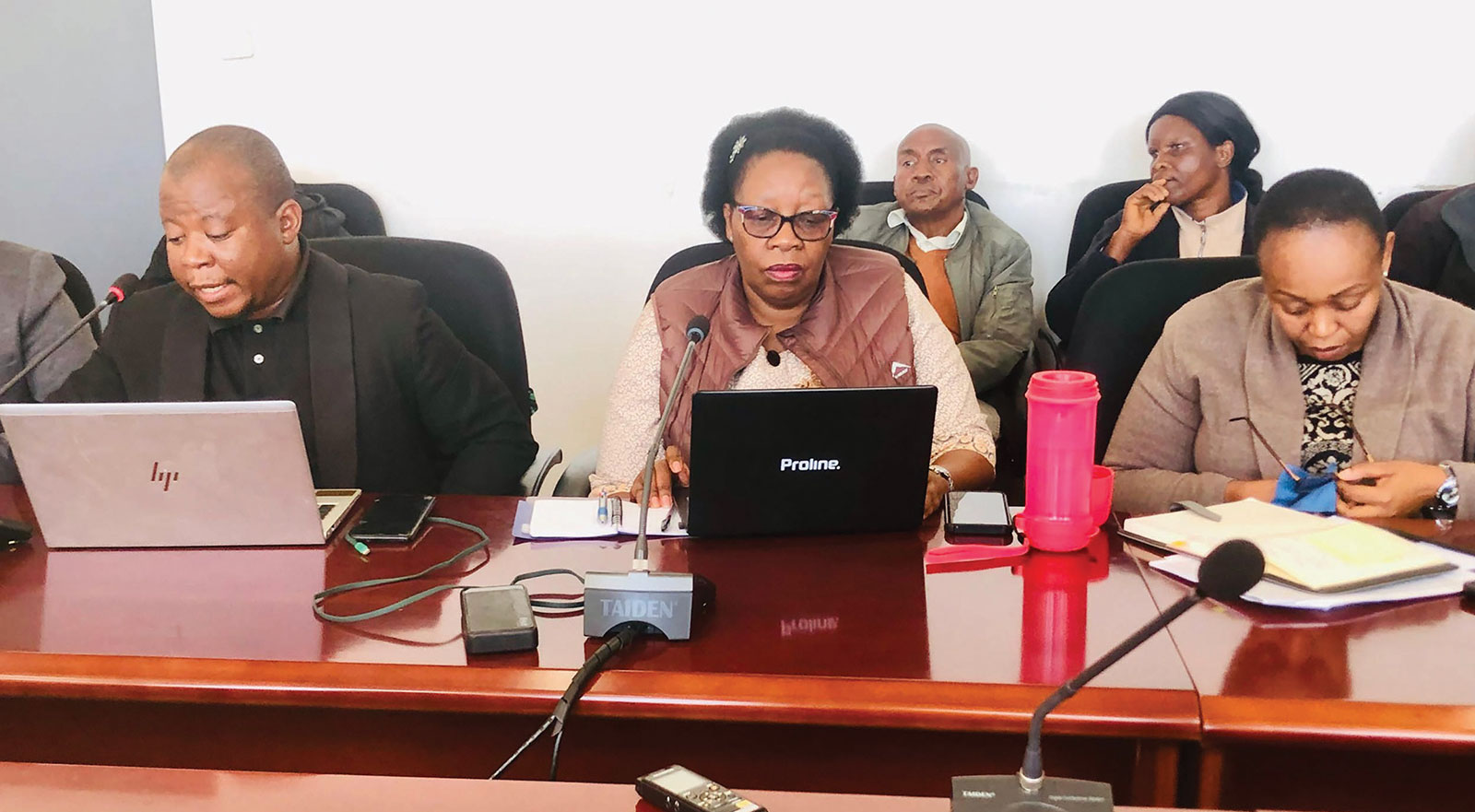
Parly committee slams truant ministry
2 hours ago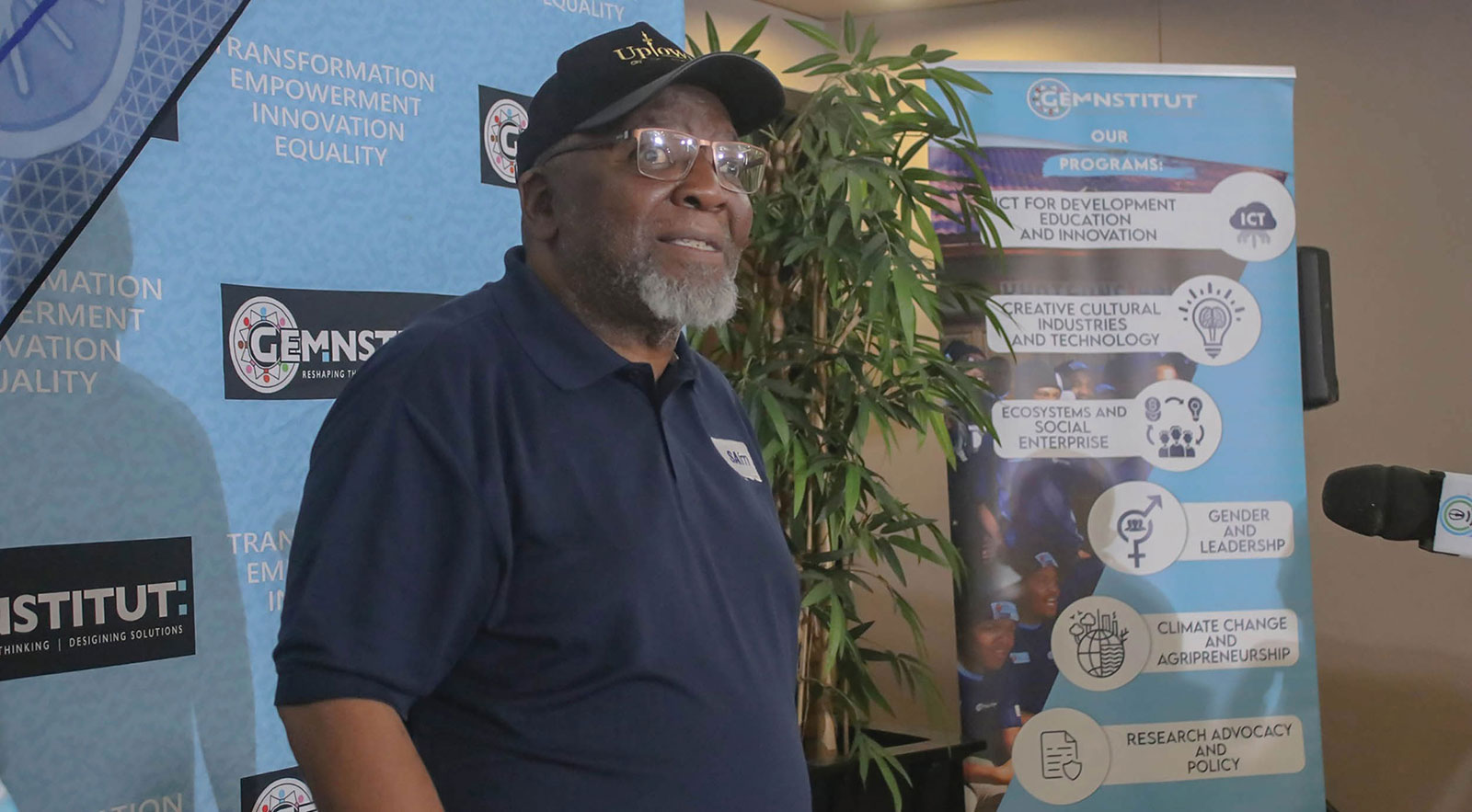
Mofokeng challenges film makers
2 hours ago
Villagers edgy after murders
3 hours ago
Security agencies defy Ombudsman
6 hours ago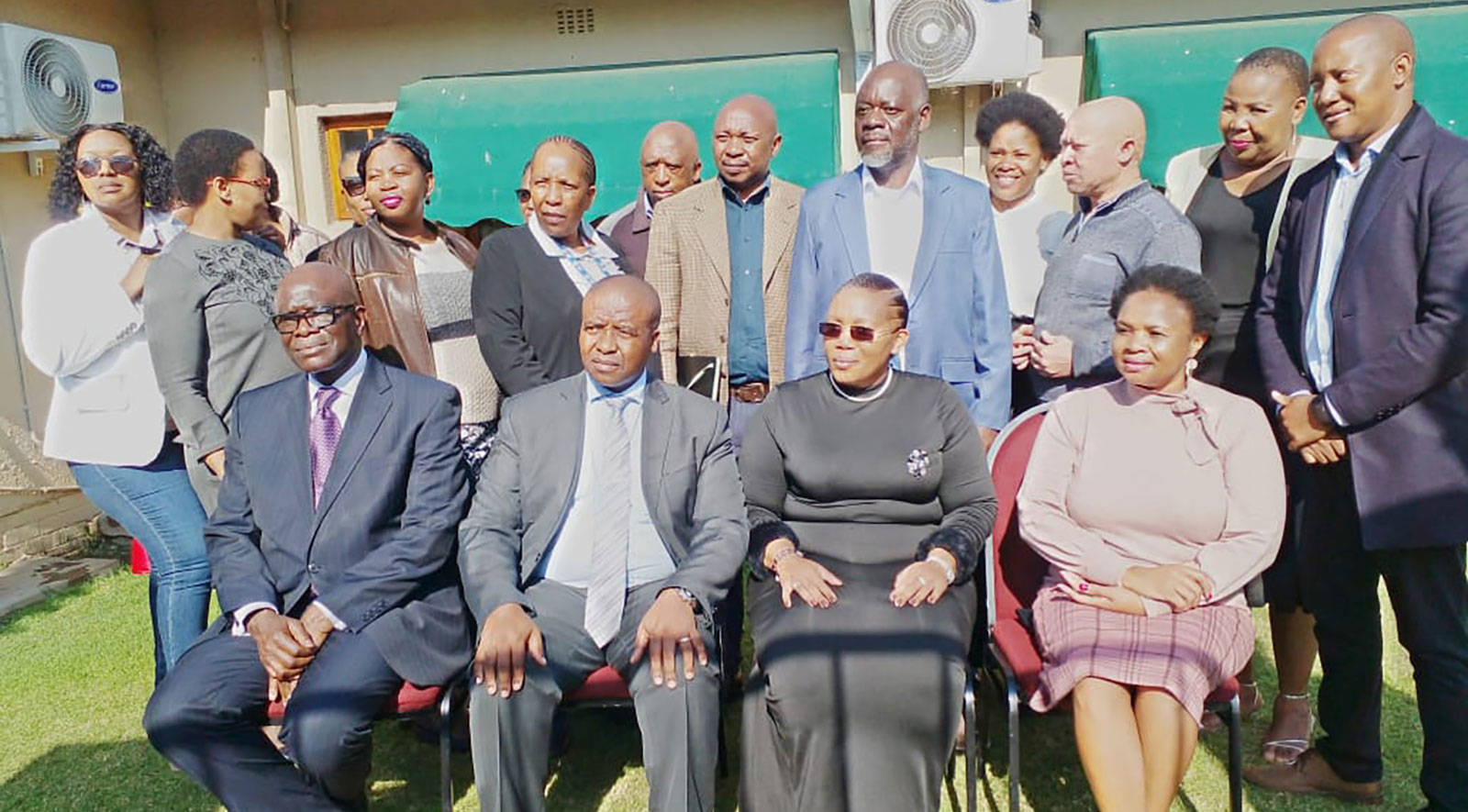
EU equips Ombudsman investigators
a day ago
How much funeral cover is enough? (Part 1)
3 days ago
If it barks like a dog…
3 days ago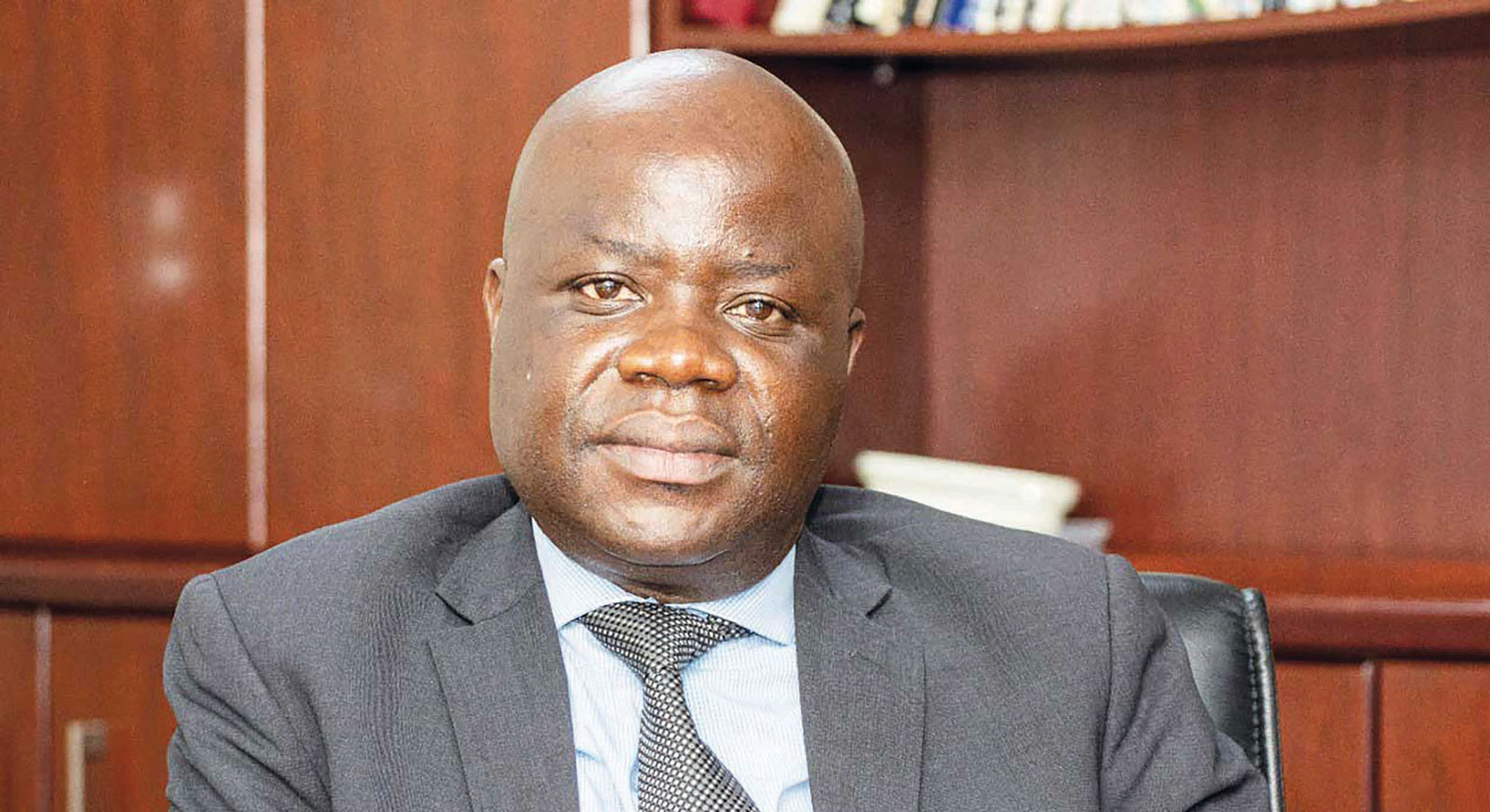


New Senqu charcoal sets the scene ablaze
4 days ago